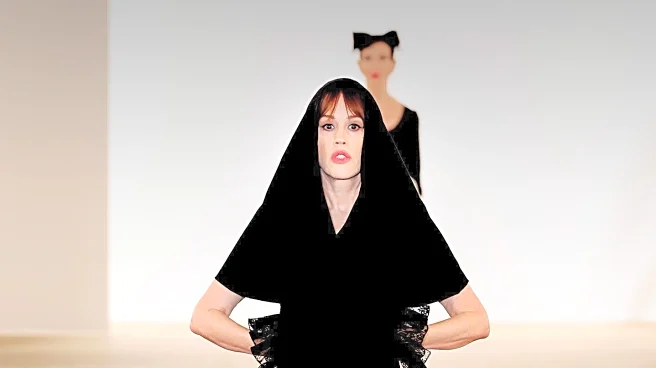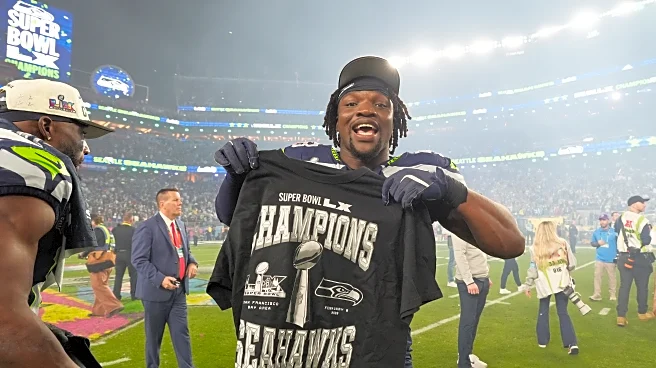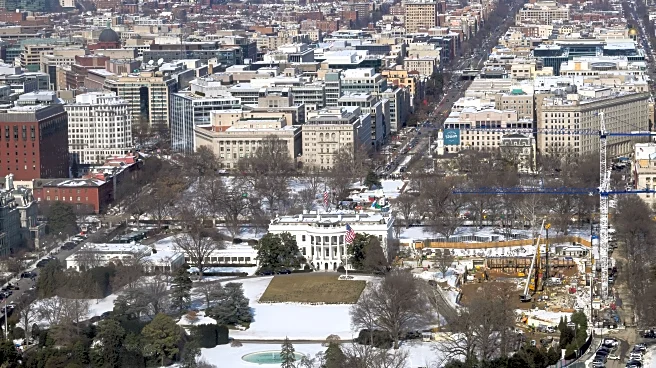What's Happening?
Influencer Vi Luong shared a detailed breakdown of her expenses for attending New York Fashion Week in 2022, totaling over $13,000. Luong, who has a significant following on TikTok and Instagram, posted a video explaining the costs associated with her participation in the event. Her major expenses included a seven-night stay at a five-star hotel, hiring a publicist, and various luxury accommodations such as professional styling, hair, and makeup. Luong spent $1,014 on round-trip airfare from Los Angeles to New York and $4,519 on hotel accommodations, which included a press discount. Additional costs included $1,000 for styling, $2,008.12 for hair and makeup, and $1,025 for private transportation services. She also hired a publicist for $3,000 to secure invitations to shows and events. Luong estimated her food expenses at around $500, bringing her total expenditure to $13,067.01.
Why It's Important?
The disclosure of such high expenses highlights the financial demands of attending major fashion events like New York Fashion Week, especially for influencers and content creators. This transparency provides insight into the economic aspects of the fashion industry, where visibility and networking can come at a significant cost. Influencers like Luong play a crucial role in shaping public perception and trends, and their participation in such events can influence consumer behavior and brand strategies. The financial commitment required to attend these events underscores the competitive nature of the fashion industry and the importance of strategic investments in personal branding and exposure.
What's Next?
As influencers continue to play a pivotal role in the fashion industry, the trend of sharing detailed expense reports may become more common, offering followers a behind-the-scenes look at the costs associated with high-profile events. This transparency could lead to discussions about the sustainability and accessibility of fashion weeks, potentially influencing how brands and organizers structure future events. Additionally, influencers may seek more cost-effective ways to participate, such as collaborations with brands or sponsorships, to offset expenses while maintaining their presence in the industry.
Beyond the Headlines
Luong's detailed expense report raises questions about the ethical implications of influencer marketing and the pressure to maintain appearances in the fashion industry. The significant costs associated with attending fashion weeks may not be feasible for all influencers, potentially creating disparities in access and representation. This could lead to a broader conversation about inclusivity and diversity within the industry, as well as the impact of financial barriers on emerging talent.










